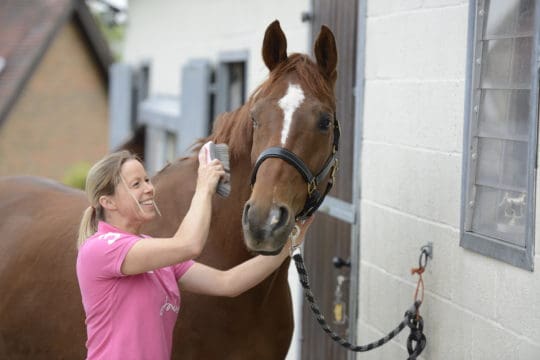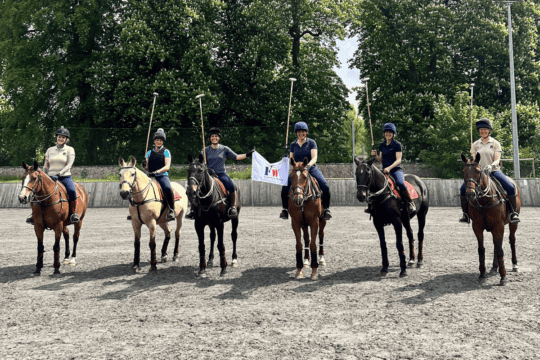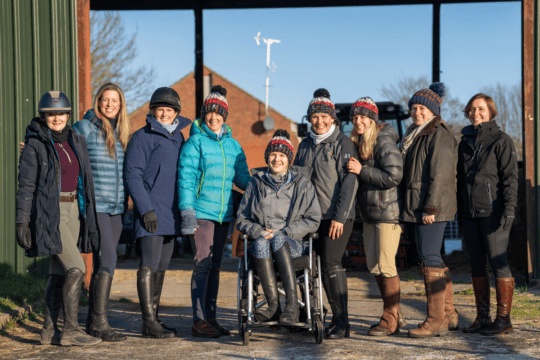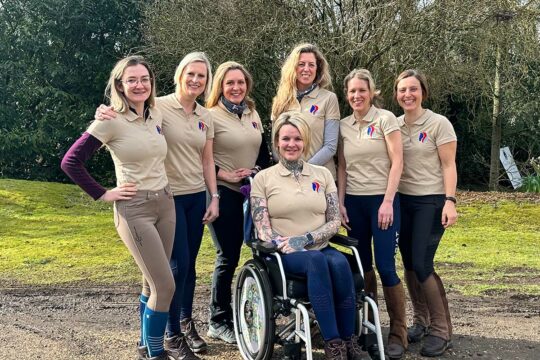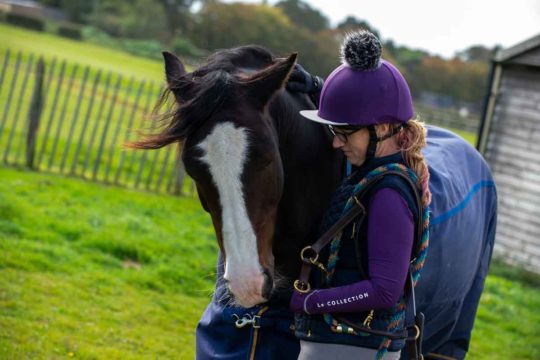
Most Read Articles
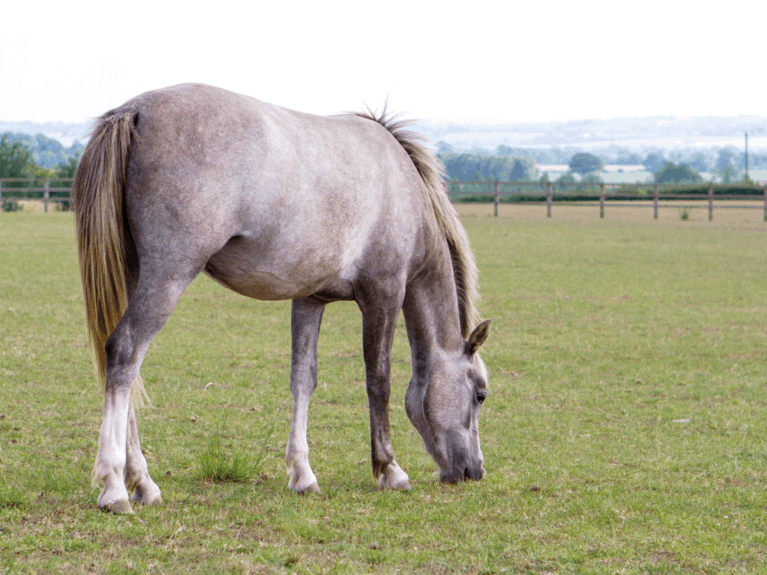
Equine scientists at Nottingham Trent University are using artificial intelligence to help spot pain from horses’ facial expressions
In an exciting new collaboration, Nottingham Trent University hopes to better understand the severity of equine pain caused by various conditions to help provide better treatment and improved monitoring during the recovery period.
With the help of modern technology, researchers are using a computer to identify and track key features of horses’ faces that we already know can change in response to pain. They’re setting the computer up to identify these features by itself, and then analyse videos of horses who have recently undergone surgery or are recovering from illness to better understand how changes in their facial features differ as they’re given pain relief.
The system’s able to spot far more subtle changes than researchers can simply by looking at the horses themselves, so this technology should provide an insight into how horses express pain and how this expression could differ between various personalities.
Dr Carrie Ijichi, Senior Lecturer in the university’s School of Animal, Rural and Environmental Sciences, said: “The immediate application with regards to pain is for research and veterinary facilities to use the system to scan videos. This way, we can learn about how truly painful certain conditions are and how effective pain medication or treatments are. It’d also help guide us in ensuring horses are given the most appropriately dosed treatment.
“We want to find markers that are sensitive to pain, better than the human eye can see, which will provide us with an accurate grading for pain. As the technology improves hopefully this is something that anyone could have at home and use to assess pain in range of settings, including potentially while the horse is being ridden.”
It’s hoped that the system will be able to detect other emotions in the future, helping us better understand our horses and how they feel about their experiences.
For more information, visit ntu.ac.uk

